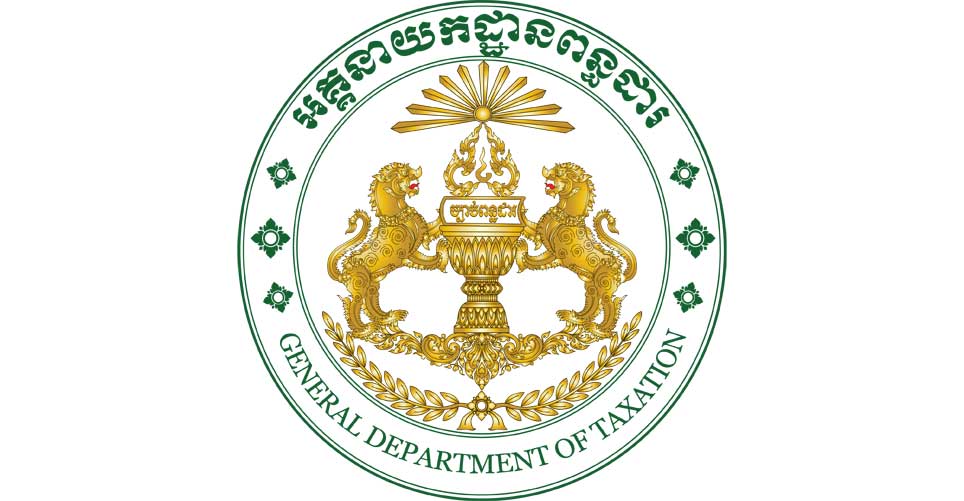Issue Description
The promulgation of the Law on Financial Management 2013 introduced the provision to subject the transfer of shares within a Cambodian company to a stamp duty of 0.1% of the value of shares. While this practice is commonplace in many countries, EuroCham’s members report that the General Department of Taxation (GDT) has also been applying this stamp duty to situations where an existing shareholder has increased their capital within a shareholding company, without all of the other shareholders also doing so.
This means that even though the total holdings of the shareholders that have not subscribed to a capital increase remains as before, the GDT stipulates that as the percentage of ownership has been altered, the shareholder undertaking the capital increase is required to pay 0.1% Stamp Duty of the value of shares. In effect, the GDT is treating the percentage of capital increase by one shareholder as a valid change to the ownership of an entity rather than taking into consideration the actual holdings of each shareholder.
Using an example below to illustrate this issue,
Shareholder A owns 100 shares worth USD 1 million = 50% ownership Shareholder B owns 100 Shares worth USD 1 million = 50% ownership If Shareholder B increases their capital by USD 500,000
Shareholder A still owns 100 shares worth USD 1 million = 33% ownership Shareholder B now owns 150 shares worth USD 1.5 million = 67% ownership
In this example, the capital increase undertaken by Shareholder B has diluted the ownership of Shareholder A, as new shares have been issued allowing Shareholder B to have a majority stake over Shareholder A within the entity. However, as there has not been an actual transfer of shares between two separate parties and because the total holdings of Shareholder A has not changed, Stamp Duty should not apply.
Impact on business
This interpretation by the GDT causes uncertainty for compliant taxpayers and places an additional financial burden upon shareholders, thereby increasing the cost of doing business. From an investor’s perspective, this interpretation effectively taxes those that are seeking to invest in Cambodian businesses and could discourage further investment as it disregards the reasoning a shareholder may be increasing their capital, such as to fund growth plans which could create new employment opportunities.
Hong Kong previously levied a “Capital Duty” on businesses that completed an increase of their share capital, though this was abolished in 2012 with the aim of enhancing Hong Kong’s investment attractiveness and competitiveness as an international business centre.
Recommendation
- Recognise that Stamp Duty should not apply when a capital increase is completed disproportionally by one shareholder, as the holdings of the remaining shareholders have not changed ownership.
We respectfully request that the GDT reconsider its application of Stamp Duty on capital increases when completed by one shareholder, as the actual holdings of the remaining shareholders will have not changed, nor its ownership. By doing so, the GDT would help encourage further investment into Cambodian businesses by reducing the cost of doing business within the Kingdom.
Royal government of Cambodia
Initiative from Eurocham: The issue has been raised by the Tax Committee within The White Book edition 2024 in the Recommendation No. 72.

During a meeting between The General Department of Taxation (GDT) and The European Chamber of Commerce of Cambodia and The American Chamber of Commerce on the 5th October 2023, the General Department of Taxation has clarified that in principle, the capital injection is not subject to Transfer (Stamp Duty) tax, only share transfer is taxed. The GDT takes note of the concern of the private sector on this matter. GDT and the private sector will discuss in further details on this matter for clarity purposes.
You can find the minutes of the meeting here.
National Counterparts

The General Department of Taxation
Contributors

Mr. Chum Socheat

